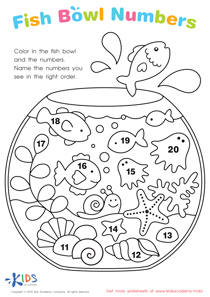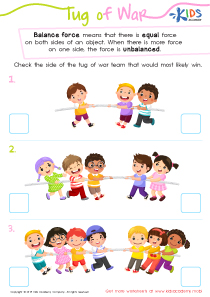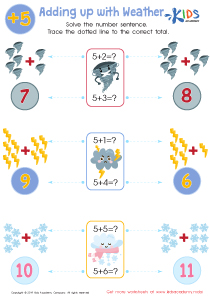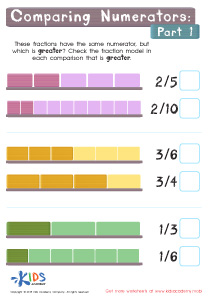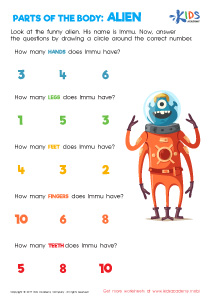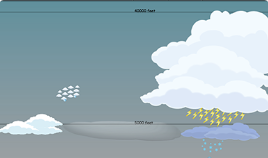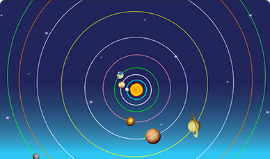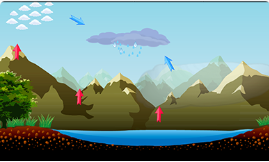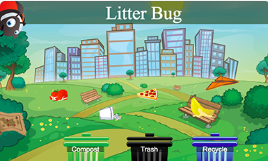Social Studies Lessons | Being a Citizen, Grade 3
0 results
Introducing our first-class Being a Citizen Lessons for Grade 3! In these interactive lessons, children will learn the essential skills of citizenship, including the importance of rules and laws, civic duties, and respect for diversity. With engaging worksheets, compelling videos, and assessment quizzes, students will gain a deeper understanding of their role in their communities and how they can become responsible, active citizens. Our expert teachers will guide them on this journey, nurturing their love for learning and empowering them to make a positive impact. Sign up today and help your child become a model citizen for the future!
Being a Citizen Lessons are an incredible resource for primary school students in Grade 3. The lessons, which feature interactive worksheets, educational videos, and assessment quizzes, are designed to help children develop a sense of responsibility and citizenship, and to align their values with those of their communities.
These lessons are beneficial to children in their studies in several ways. Firstly, they provide an opportunity for pupils to learn about other cultures and civilizations, which can broaden their horizons and enhance their understanding of different nations and people. This understanding can be further developed in social studies lessons, where teachers may ask pupils to engage in debates and discussions about various cultural topics.
Secondly, Being a Citizen Lessons can encourage the development of social and emotional skills in children. These are essential in helping them navigate social situations, understand interpersonal interactions, and make sound decisions when faced with ethical dilemmas. The lessons teach important values such as respect, empathy, and compassion – all of which enhance a child's emotional intelligence.
Moreover, a robust understanding of citizenship fosters civic engagement, which, in turn, encourages children to learn more. Engaging children in discussions about the community, local and national events, and global issues ensures that they remain well-informed and engaged. This newfound awareness can empower a student to develop critical thinking skills and critical approaches to problem-solving, which they can apply in other academic subjects.
Furthermore, the interactive worksheets that accompany the Being a Citizen Lessons are an excellent resource for reinforcing learning. The children can complete the worksheets on their devices, making it easier for them to share with their classmates and collaborate together. Teachers may also use these worksheets to provide individualized feedback and to assess the growth of the pupils.
Lastly, the assessment quizzes that are available with these lessons are a great way to encourage recall and reinforce the content learned. These quizzes ensure that the students have acquired an understanding of the knowledge, skills, and values, and provide a platform for teachers to disseminate feedback. The feedback is an essential tool for teachers to monitor the academic progress of their students and customize future lessons to meet their needs.
In conclusion, Being a Citizen Lessons provide children with an excellent foundation for their academic studies. Through interactive worksheets, educational videos, and assessment quizzes, children learn important values such as respect, empathy, and compassion, which can help them develop valuable social and emotional skills. They also cultivate critical thinking and problem-solving skills, which are essential to success in other academic subjects and life more generally.
